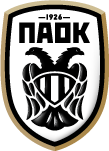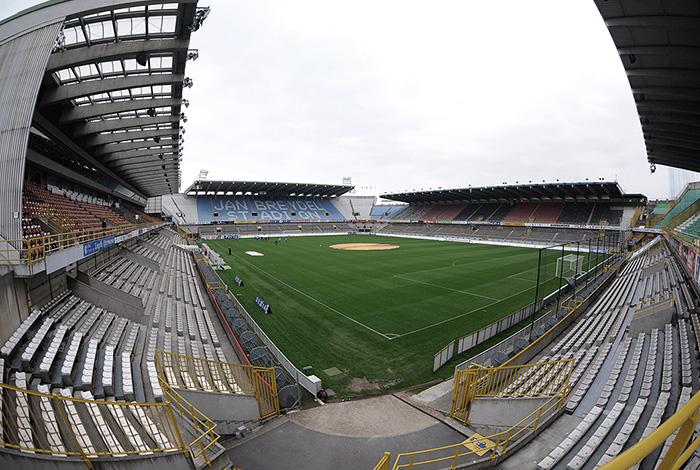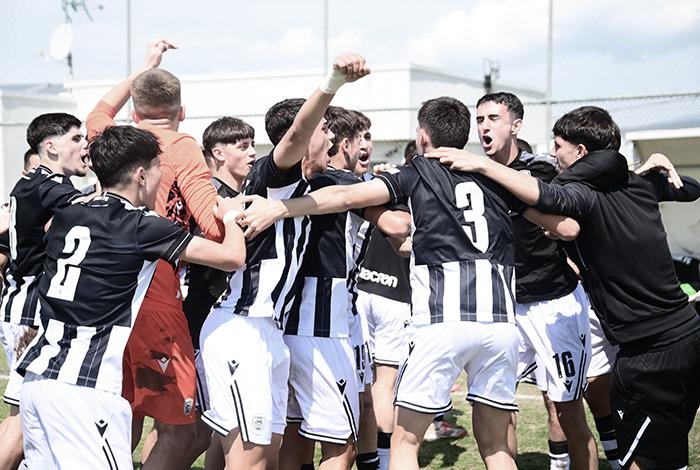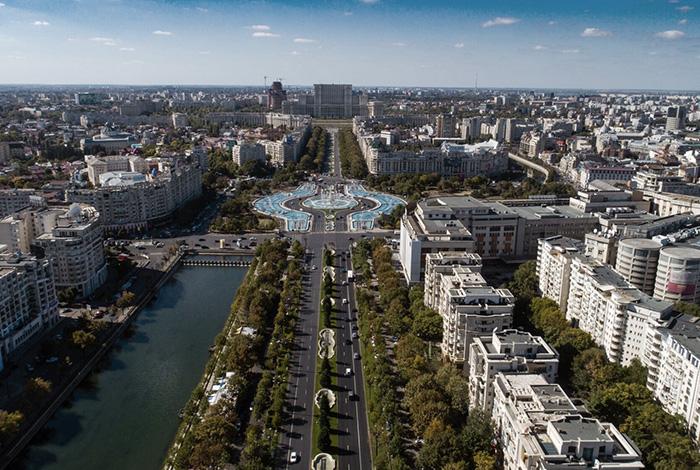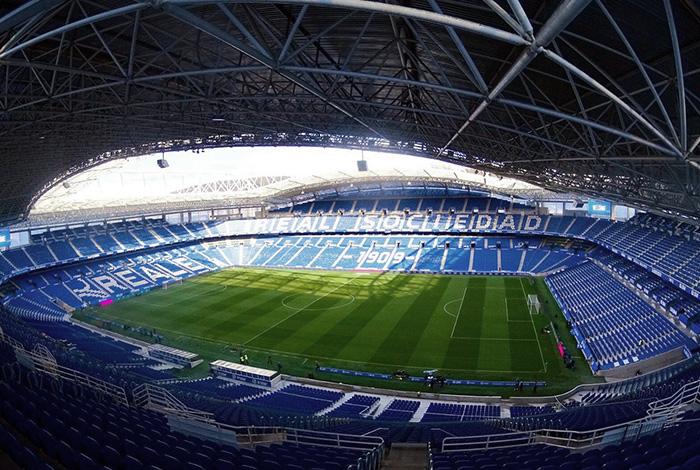Club Brugge and its important European history
The only Belgian team that has played in a European Cup (now Champions League) final, Club Brugge (Club Brugge Koninklijke Voetbalvereniging is its full name) are PAOK’s opponents in the quarter-final phase of the UEFA Europa Conference League. Here’s a snapshot of their history.
The first leg is of great significance to PAOK but also for Brugge, who come into the game on the back of a 3-1 home win against Anderlecht. And we say recently, because the Belgians faced … turmoil with the dismissal of coach Ronny Deila, after an eventful press conference. The reserve team coach Nicky Hayen is now the one who will be in teh dugout from now on in the UEFA Europa Conference League and in the Play Offs of the Belgian championship.
- The Belgians qualified directly for the last 16 of the Conference League, finishing unbeaten at the top of their group (with Bodo Glimt, Besiktas and Lugano), with five wins and one draw. In the Round of 16, they met Molde, who won the first match 2-1 in Norway, but Club Brugge advanced to the quarter-finals of the competition by winning the second leg 3-0.
- Club Brugge have one of the most enviable trophy cabinets in Belgian football with 18 championships – second only to Anderlecht – 11 Belgian Cups, 17 Super Cups and two appearances in European competition finals, but they were defeated on both occasions.
- They belongs to the «big four», according to the Belgian media, along with Anderlecht, Standard Liège and Genk.
- In their long history Brugge has enjoyed good European success by Belgian football standards, reaching two European finals and two European semi-finals.
- Brugge are the only Belgian team to have played in a European Cup (now UEFA Champions League) final, losing to Liverpool in 1978. They were also beaten by Liverpool in the 1976 UEFA Cup final thanks to a Kenny Dalglish goal.’
- The club holds the European record for consecutive appearances in the UEFA Europa League (20), the record number of Belgian Cups (11), as well as the record number of Belgian Super Cups (17).
- Founded in 1891 under the name Brugsche Football Club, it was the first football club founded in the Flanders region. It adopted its current name in 1792. In particular, in 1890 students from the Catholic school Broeders Xaverianen and from the school Koninklijk Atheneum united to form the football club Brugsche, using the motto «mens sana in corpore sano» (a healthy mind in a healthy body). On 13 November 1891, the club was re-created under Brugsche FC, with this date being regarded as the team’s official birthday.
- The club enjoyed most of its success under the guidance of legendary Austrian coach Ernst Happel, who led Brugge to three consecutive championships (1975-1978), a Belgian Cup (in 1977) and their first European final (UEFA Cup 1976 ). After Bruges, Happel led the Dutch national team to the final of the 1978 World Cup.
- The «Supportersfederatie Club Brugge KV», founded in 1967, is recognized as the official supporters’ club of Brugge. It is essentially a federation, made up of 60 recognized fan associations and even has an elected council to direct its operation.
- The official mascot is a bear, a symbol of the city of Brugge.
- The rivalry between Club Brugge and Anderlecht has been simmering since the 1970s. Their derby is called ‘The Hate Game’. Locally, the derby with Cercle Brugge, with whom they share the Jan Breydel Stadium, is also important. It has even become a tradition for the winning team to place a flag with the club’s emblem or colors in the city center after the match.
- The club’s colors are blue and black.
The Jan Breydel Stadium
Jan Breydel was a butcher and rebel, the leader of the revolt against the French bourgeoisie in Belgium in the 13th century. The 30,000-capacity Bruges stadium (29,042 to be exact), rather large by Belgian standards, was renamed in his honour. It is a multi-purpose stadium in the Sint-Andries area and is home to both Club Brugge and Cercle Brugge.
- The club’s original home was known as Rattenplein (rat court), after it belonged to the local fox terrier club, which used it for another imported English pastime, in which dogs hunt and kill rats. In 1911, Bruges moved to another stadium, De Klokke (named after a nearby pub!), which was later renamed the Albert Dyserynckstadion after the sudden death of Bruges‘ president, Albert Dyserynck.
- In December 2015 the pitch got hybrid grass (a mixture of natural and artificial grass) called Mixto.
- Brugge fans are always in the north stand and away fans in the south.
- Jan Breydel was one of the stadiums of EURO 2000. A quarter-final match between Spain and France was also played there (1-2).
- Efforts are underway to build a new, state-of-the-art stadium, which will increase the capacity to 40,000 spectators.
